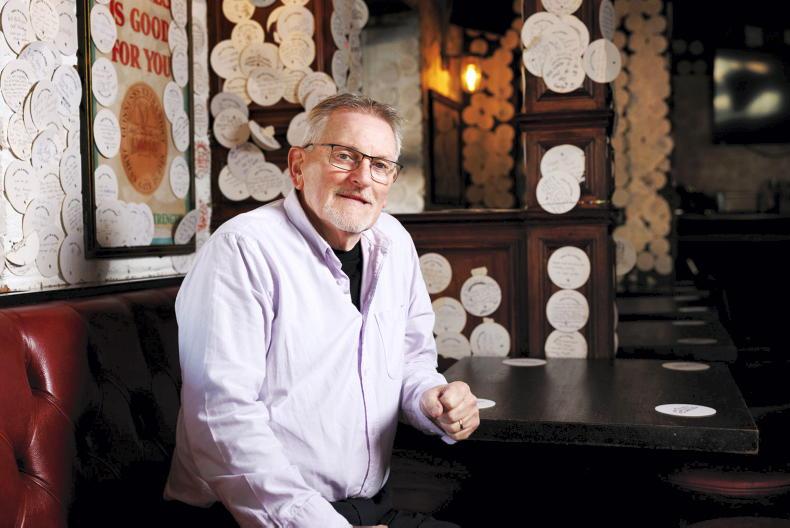A far-reaching study of people living on farms in the US showed no evidence that the herbicide ingredient glyphosate causes cancer, but its findings were excluded from the review that led the International Agency for Research on Cancer (IARC) to declare a “probable” link between the two in 2015, Reuters journalists report.
The IARC’s classification of glyphosate as “probably carcinogenic” to humans has fueled the international campaign to have the chemical banned. The European Food Safety Agency (EFSA) and Chemicals Agency (ECHA) have concluded that glyphosate does not cause cancer. Its EU-wide authorisation is up for renewal at the end of this year and campaigners this week obtained the 1m signatures required to force the European Commission to consider banning it.
Deposition
Trawling through court documents in a case involving Monsanto, the manufacturer of the glyphosate-based herbicide Roundup, Reuters found a deposition by US National Cancer Institute epidimiologist Aaron Blair.
Blair said he was aware of the results of the Agricultural Health Study, which covers 89,000 farmers, farm workers and their families in the US.
“Asked by Monsanto lawyers in March whether the unpublished data showed ‘no evidence of an association’ between exposure to glyphosate and non-Hodgkin lymphoma, Blair replied: ‘Correct’,” Reuters reported. “Asked in the same deposition whether IARC’s review of glyphosate would have been different if the missing data had been included, Blair again said: ‘Correct’.”
Not yet published
IARC rules state that it can only base its decisions on published research. Reuters was told that the US study was not yet published because it was too voluminous. The news agency obtained the unpublished data and submitted it to two independent scientists, who agreed that it showed no links between glyphosate and cancer – while it did for other chemicals and conditions.
Last month, another leading US scientist questioned existing assessments of glyphosate becauseof the information contained in unpublished data – that time to argue that evidence of cancer links to glyphosate had been missed.
Read more
Listen: fighting fear and misrepresentations on pesticides
Full coverage: glyphosate
A far-reaching study of people living on farms in the US showed no evidence that the herbicide ingredient glyphosate causes cancer, but its findings were excluded from the review that led the International Agency for Research on Cancer (IARC) to declare a “probable” link between the two in 2015, Reuters journalists report.
The IARC’s classification of glyphosate as “probably carcinogenic” to humans has fueled the international campaign to have the chemical banned. The European Food Safety Agency (EFSA) and Chemicals Agency (ECHA) have concluded that glyphosate does not cause cancer. Its EU-wide authorisation is up for renewal at the end of this year and campaigners this week obtained the 1m signatures required to force the European Commission to consider banning it.
Deposition
Trawling through court documents in a case involving Monsanto, the manufacturer of the glyphosate-based herbicide Roundup, Reuters found a deposition by US National Cancer Institute epidimiologist Aaron Blair.
Blair said he was aware of the results of the Agricultural Health Study, which covers 89,000 farmers, farm workers and their families in the US.
“Asked by Monsanto lawyers in March whether the unpublished data showed ‘no evidence of an association’ between exposure to glyphosate and non-Hodgkin lymphoma, Blair replied: ‘Correct’,” Reuters reported. “Asked in the same deposition whether IARC’s review of glyphosate would have been different if the missing data had been included, Blair again said: ‘Correct’.”
Not yet published
IARC rules state that it can only base its decisions on published research. Reuters was told that the US study was not yet published because it was too voluminous. The news agency obtained the unpublished data and submitted it to two independent scientists, who agreed that it showed no links between glyphosate and cancer – while it did for other chemicals and conditions.
Last month, another leading US scientist questioned existing assessments of glyphosate becauseof the information contained in unpublished data – that time to argue that evidence of cancer links to glyphosate had been missed.
Read more
Listen: fighting fear and misrepresentations on pesticides
Full coverage: glyphosate








SHARING OPTIONS